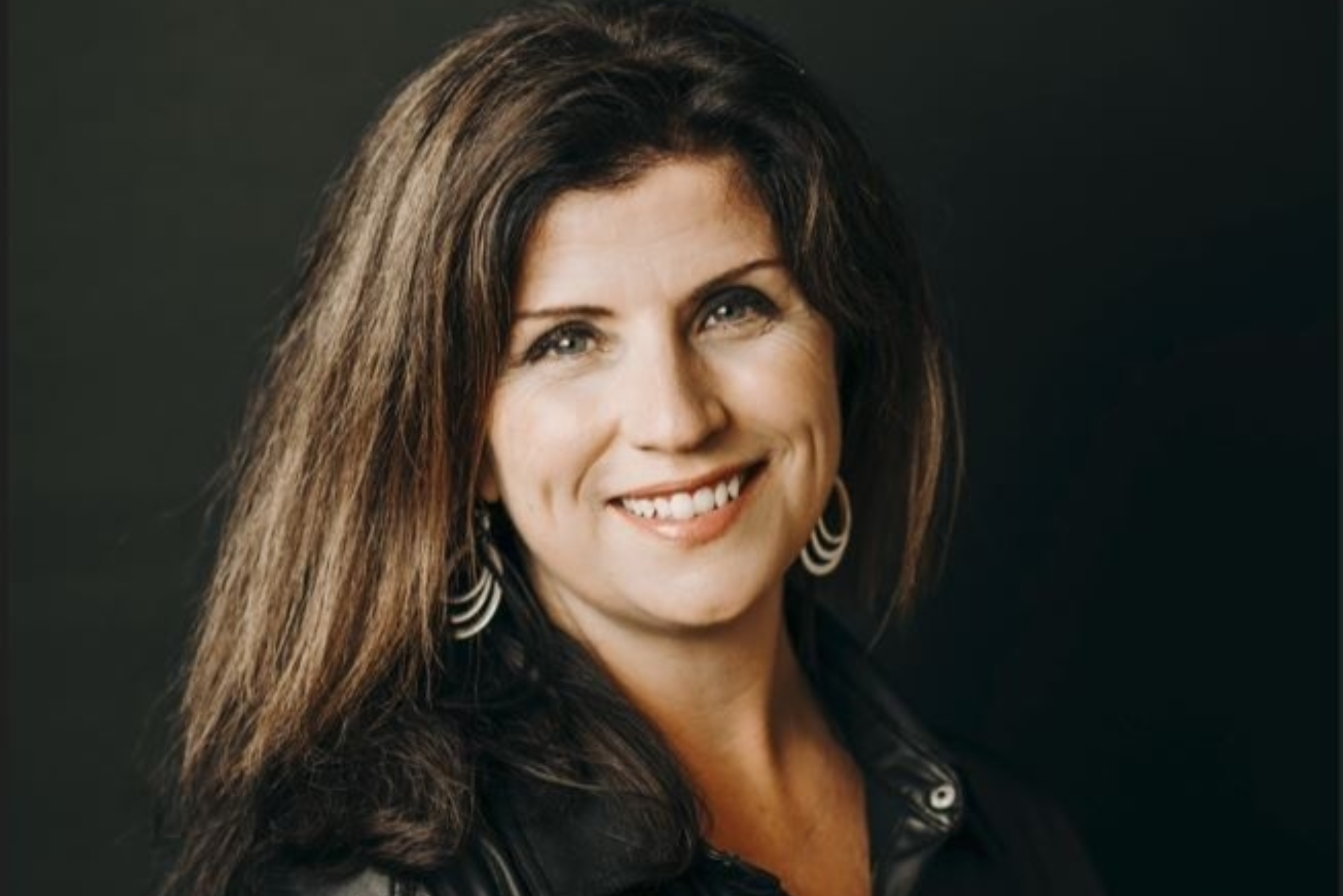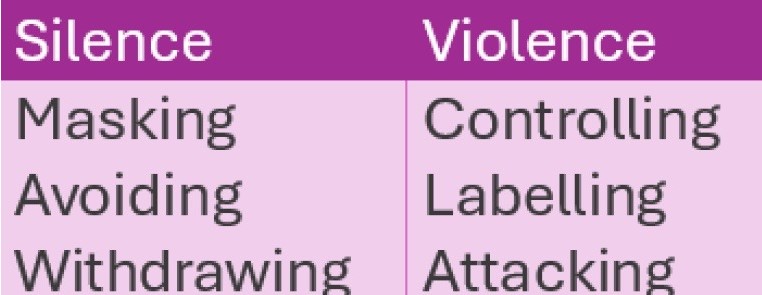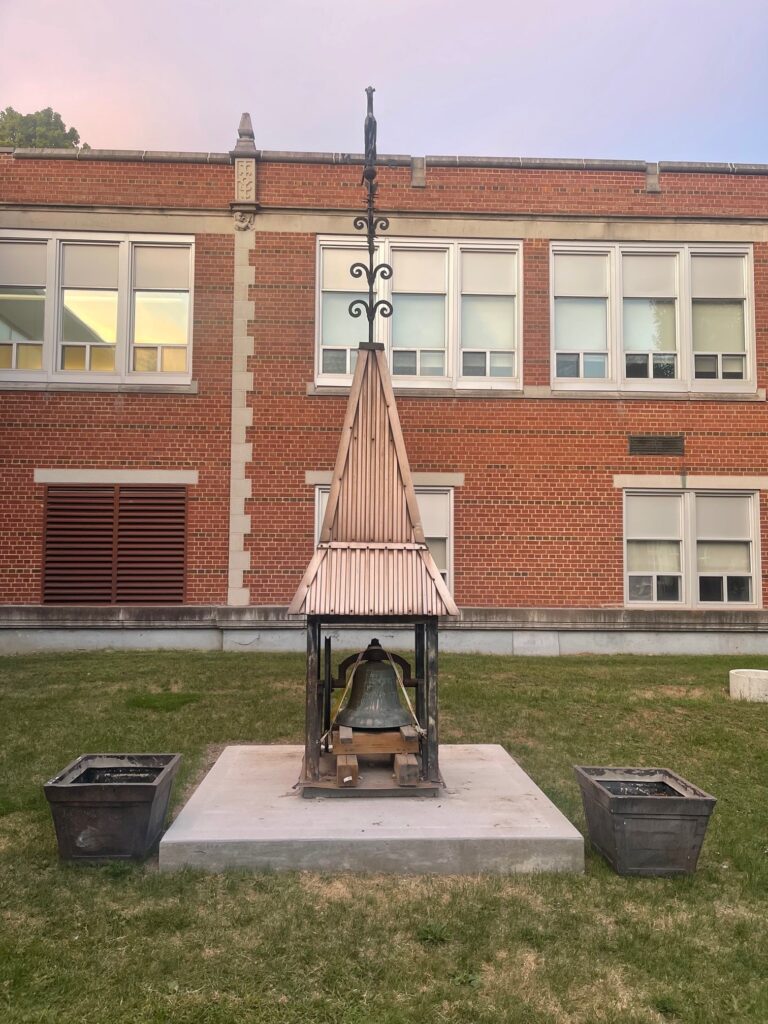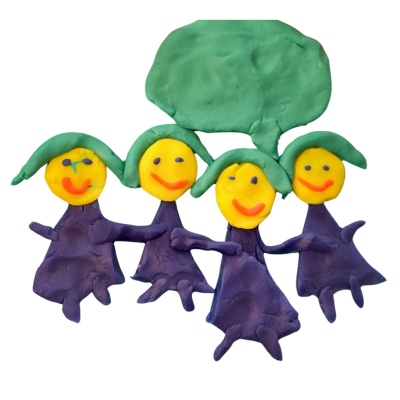Rethinking Feedback: What Coaches and Leaders Can Learn from How We (Should) Talk to Kids
I’ve been thinking a lot about feedback, how we give it, how we receive it, and how it shapes the people we become.
Feedback always comes up in my communication workshops because everyone has a different comfort level with it and as a team it’s important to know how to approach team members with different preferences.
Some people crave it, others dread it, and most of us fall somewhere in between.
But one thing I know for sure is that very few people respond well to negative feedback given publicly.
And yet, I see it all the time, especially in youth sports.
Watching some coaches berate their players from the bench or yell from across the ice, you can almost see the confidence drain out of the kids.
The intent is usually good. They think they’re motivating, pushing, or “toughening them up.”
But it doesn’t work.
When feedback comes wrapped in anger or humiliation, the message that lands isn’t about improvement. It’s about shame. The child learns not to take risks, not to make mistakes, and eventually, not to try.
It’s the same in workplaces.
Whether it’s kids on a team or adults in a workplace, people thrive when they feel supported, not shamed.
When leaders give harsh or careless feedback, employees disengage.
Creativity shuts down. People start playing it safe instead of playing to win.
Effective feedback, whether on the ice or in the boardroom, builds trust, confidence, and connection.

Here’s what works better:
🏒 Keep it private when possible. Public feedback might feel efficient, but private feedback builds respect.
🗣️ Be specific and calm. Focus on the behavior or skill, not the person. “You missed your coverage” lands better than “You’re lazy.”
💡 Balance correction with encouragement. People need to know what to improve, but they also need to know you see their effort.
⚡ End with belief. When someone knows you believe in their potential, they’re far more likely to rise to it.
The goal of feedback isn’t compliance. It’s growth. Whether you’re coaching kids or leading teams, your words matter more than you think.
What kind of feedback helped you grow the most?

Theresa Bailey is a bestselling author and the exclusive North American provider of Play Doh Power Solutions Corporate Training.








